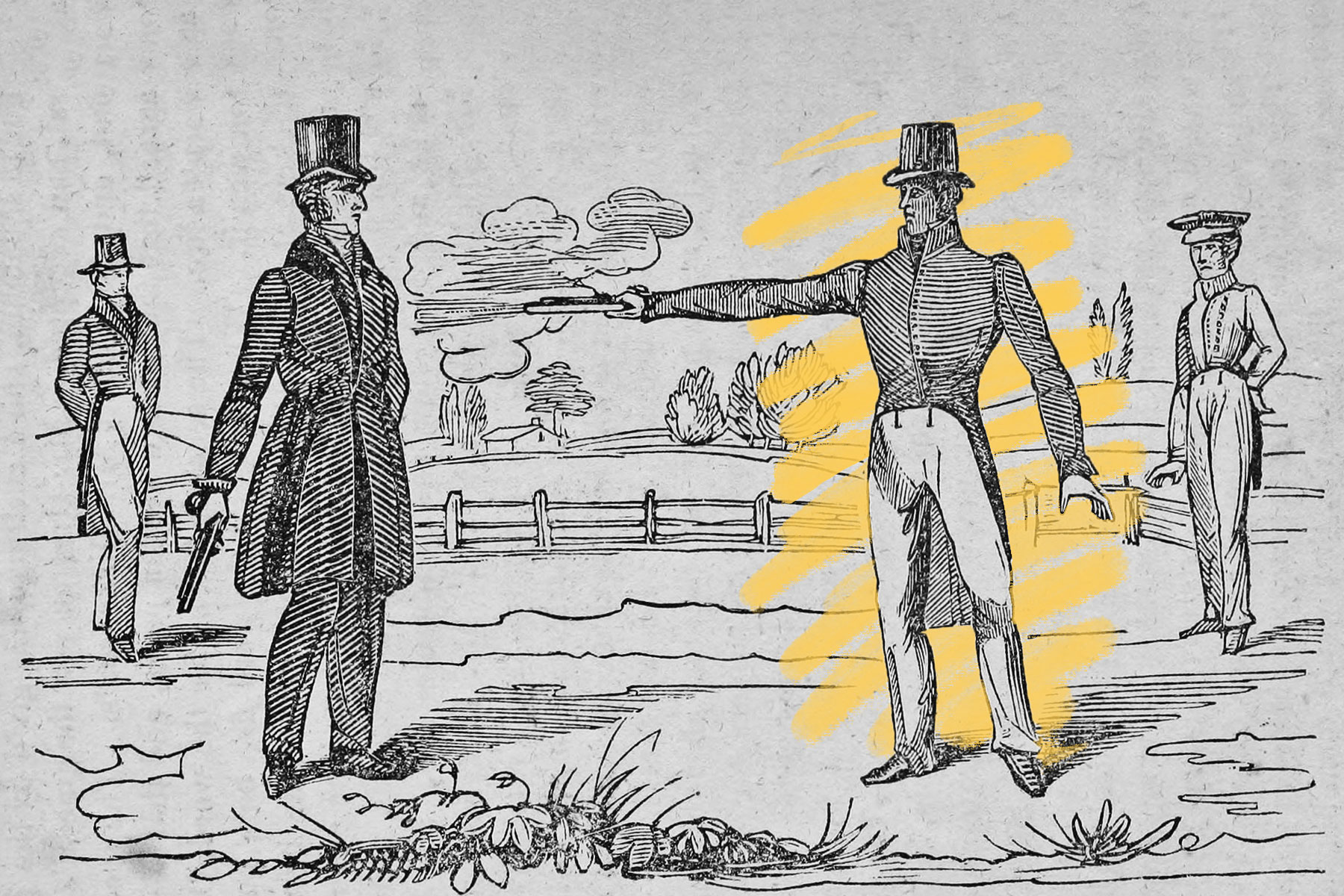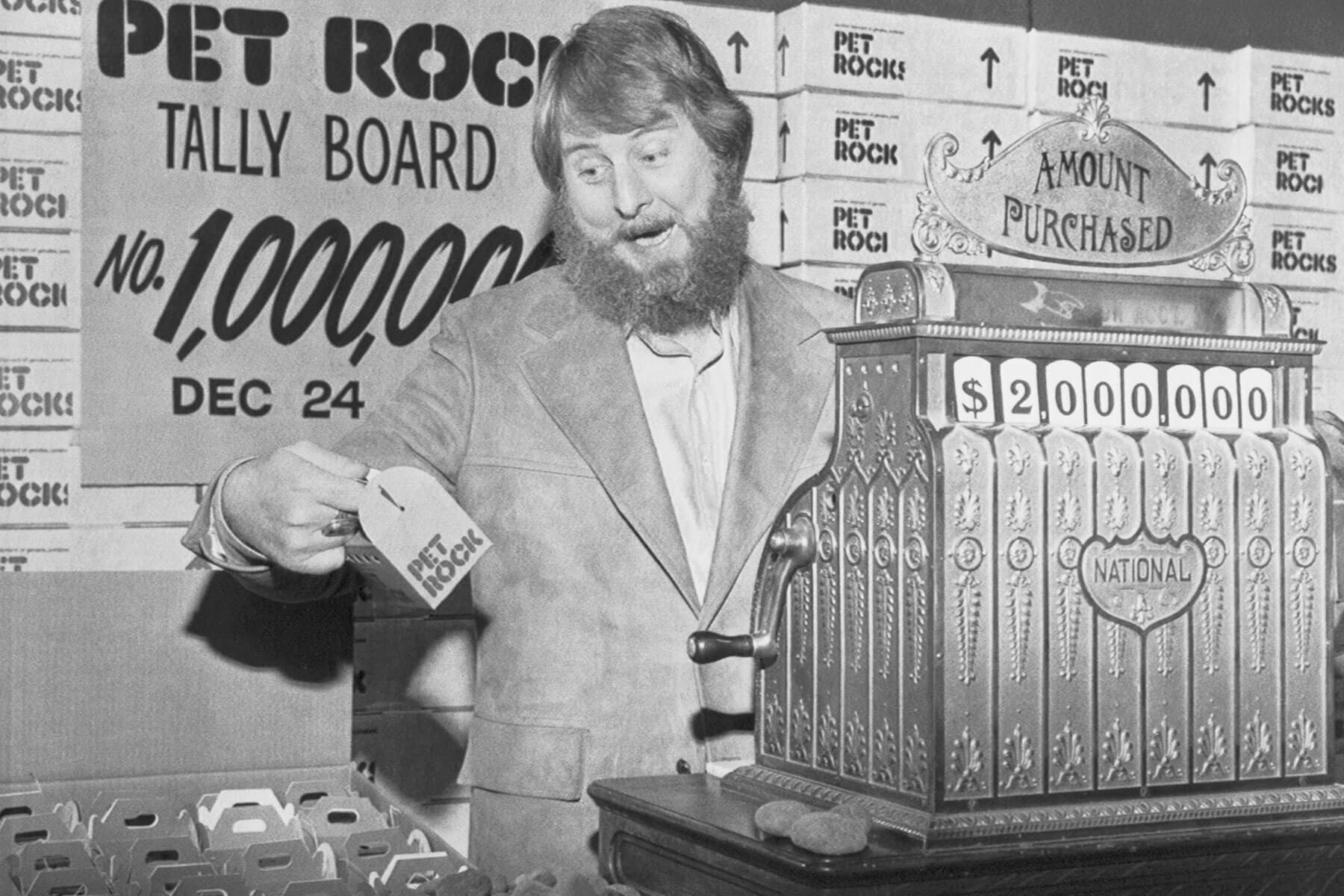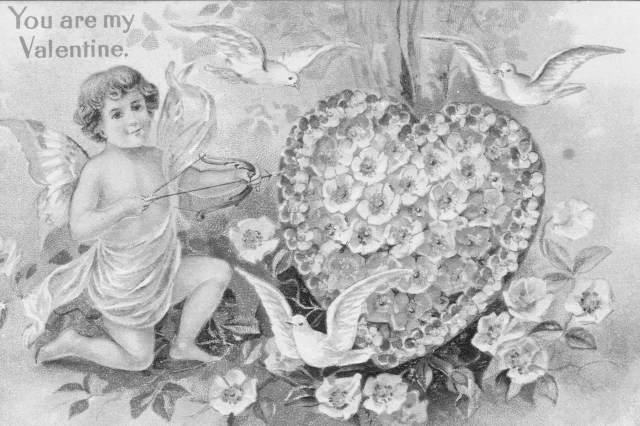This president was in 100 duels
Saturday, November 2, 2024
The seventh President of the United States was known to be as thin-skinned as he was quick-tempered. |
| |
| |
|
 |
|
| T he seventh President of the United States was known to be as thin-skinned as he was quick-tempered. This dangerous combination resulted in Andrew Jackson challenging many a foe to a duel — as many as 100, by some counts. Most of these confrontations involved little more than the combatants firing their guns into the air as a show of courage for not rejecting the initial challenge, but at least one turned deadly. It began when fellow horse breeder and longtime rival Charles Dickinson leveled a series of insults at Jackson (calling him a "worthless scoundrel" and referring to his wife as a bigamist, among other things), which escalated into a feud that ended with Dickinson's death on May 30, 1806. Jackson barely escaped with his own life, as Dickinson fired upon him and hit the future President near his heart. The bullet was never removed, and Jackson carried it with him for the rest of his life. |
|
|
| Though Jackson participated in more duels than most, the practice was fairly commonplace at the time. Aaron Burr famously killed his personal and political rival Alexander Hamilton in one on July 11, 1804, at which time Burr was serving as Thomas Jefferson's Vice President. Unlike Jackson, however, Burr was vilified for his actions — Hamilton was a founding father, after all — and Burr never held elected office again after his term ended. |
|
 |  |
|
|
 |
|
| |
|
| States that claim to be Jackson's birthplace (North and South Carolina) | | | 2 |
| | | Weight (in pounds) of a wheel of cheese Jackson received as a gift | | | 1,400 |
| | | Weight (in pounds) of a wheel of cheese Jackson received as a gift | | | 1,400 |
|
|
|
| Years Jackson represented Tennessee in the Senate (1823–1825) | | | 2 |
| | | Times Jackson won the popular vote in a presidential election | | | 3 |
| | | Times Jackson won the popular vote in a presidential election | | | 3 |
|
|
|
 |
|
 | | Did you know? |
|
|
Andrew Jackson lost a presidential election despite winning the most votes. |
|
| The presidential election of 1824 was hotly contested, with four different candidates receiving a substantial number of electoral votes: Jackson (99), John Quincy Adams (84), William H. Crawford (41), and Henry Clay (37). All four belonged to the Democratic-Republican Party, which was part of the problem: After winning six consecutive elections during the Era of Good Feelings — a time of economic prosperity in the new nation — the party failed to rally around one candidate. Jackson won more popular votes and electoral votes than his trio of opponents, but failed to secure a majority. This sent the election to the House of Representatives, as dictated by the 12th Amendment, with Adams emerging victorious. It wasn't without controversy, however. Jackson accused Adams of striking a "corrupt bargain" with Clay (in which Clay used his influence as speaker of the House to swing the vote for Adams in exchange for the coveted secretary of state position) and used the accusation as a major part of his successful 1828 campaign. |
|

posted by June Lesley at 4:17 AM










![]()
![]()






0 Comments:
Post a Comment
<< Home